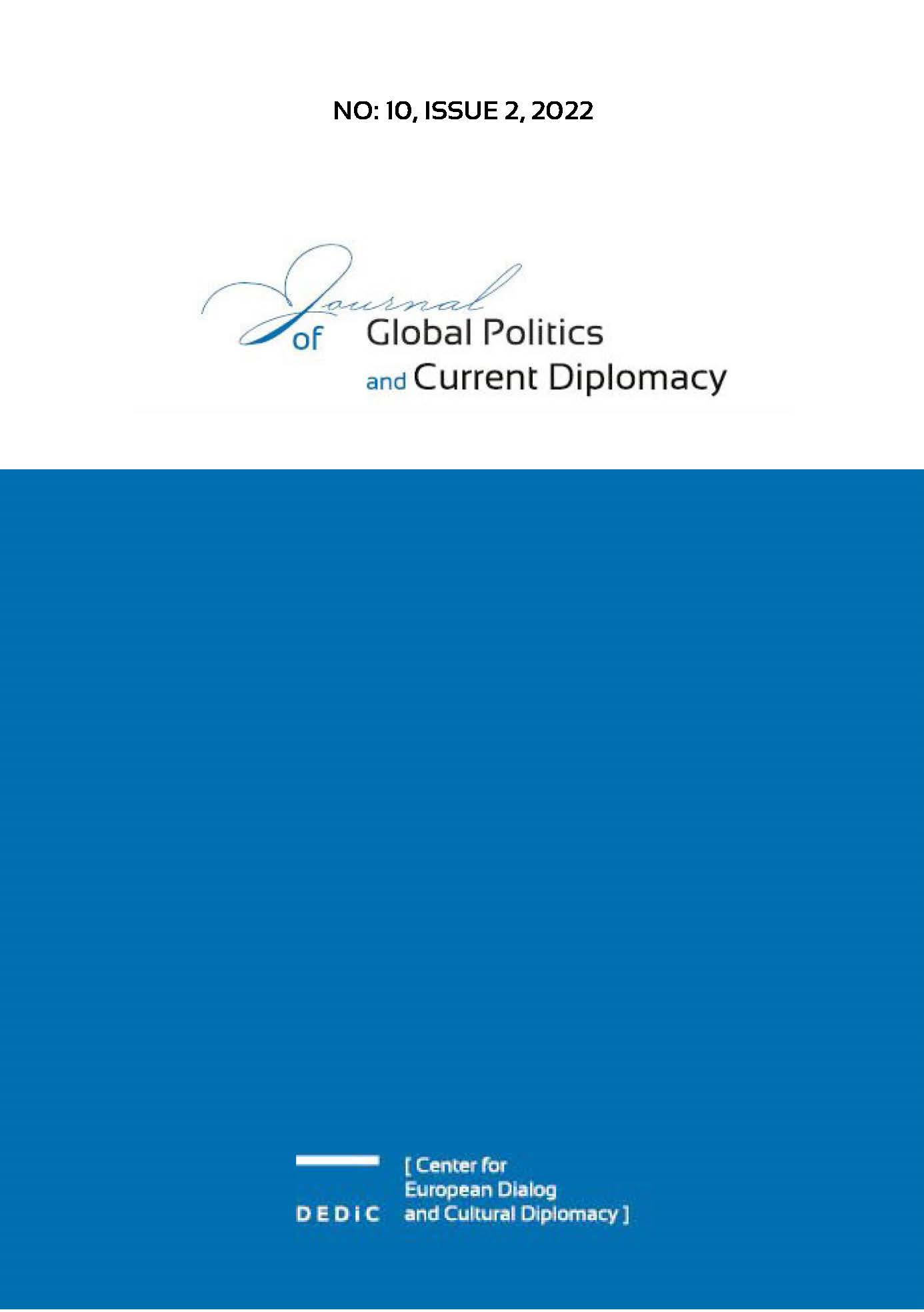Evaluating indicators contributing to government effectiveness in 12 MENA regions between 2012 to 2022: employing a longitudinal data analysis
Evaluating indicators contributing to government effectiveness in 12 MENA regions between 2012 to 2022: employing a longitudinal data analysis
Author(s): Kadir Aden DirirSubject(s): Governance, Welfare systems, Politics and society, Geopolitics, Corruption - Transparency - Anti-Corruption
Published by: Centre of European Dialogue and Cultural Diplomacy
Keywords: Regional studies; Government effectiveness; MENA countries; panel data; Control of corruption; Women in parliament; regulation quality;
Summary/Abstract: Examining government effectiveness has not been easy, as every country possesses its own specific framework, making it harder to assess effectiveness. therefore, the following paper aims to inspect several indicators contributing to government effectiveness. Despite previous papers investigating effectiveness, most of them utilized the aforementioned variable as an independent. Hence this article will evaluate factors that promote effectiveness rather than how effectiveness impacts them, while simultaneously focusing exclusively on the MENA region. Interestingly the region scores negatively according to the world bank development, particularly in government effectiveness, consequently making it a potential topic. A panel data was applied to the 12 selected MENA countries from the period of 2012 to 2022, just after two years of the Arab spring, therefore expecting some extent of development in several societal sectors. According to the results, GDP pc, RQ, and women in parliament (WIP) all have a significant positive effect at the level of p<3.42, p<0.495, and p<0.007, respectively. Similarly, the random effect model shows a significant positive value for GDPpc, RQ, and WIP, coinciding with fixed effect results. On the other hand, voice & accountability, and political stability reveal insignificant results, despite being positive. Moving to the OLS regression model, we included the control of corruption to check if the inclusion of the aforementioned factor increases government effectiveness in the MENA region, interestingly all variables increase government performance in the 12 MENA regions except voice and accountability, while a decrease in political stability (PV) affects government performance.
Journal: Journal of Global Politics and Current Diplomacy
- Issue Year: 10/2022
- Issue No: 2
- Page Range: 19-41
- Page Count: 23
- Language: English

